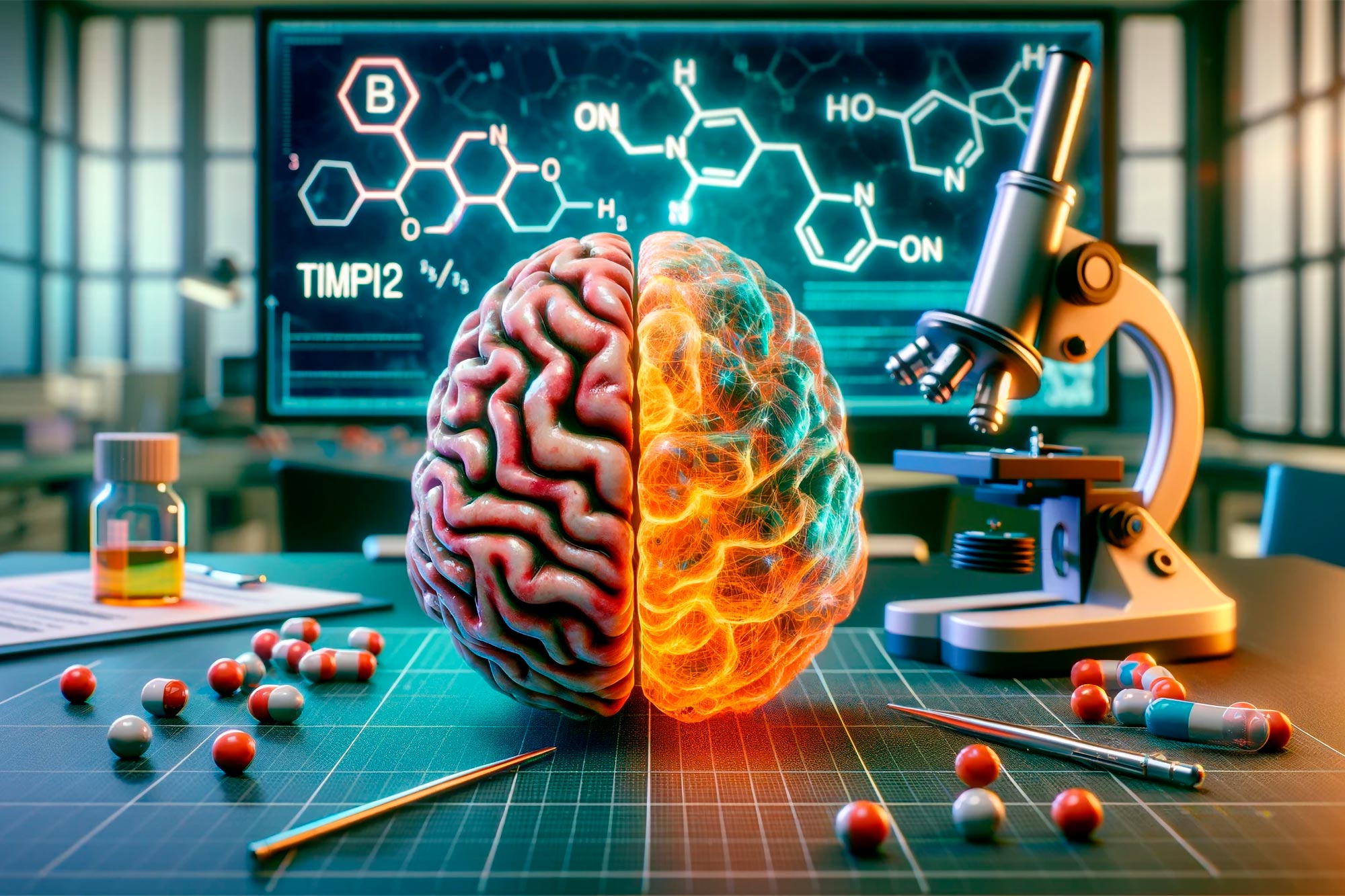Researchers from Mount Sinai have made a breakthrough in understanding how the protein TIMP2 affects the crucial hippocampus area of the brain, which is responsible for memory and learning. By using advanced techniques with mutant mouse models, they discovered that decreased TIMP2 levels resulted in reduced plasticity and memory function.
The research team found that the protein TIMP2 plays a vital role in regulating brain plasticity in the hippocampus, which offers new insights into treating age-related disorders like Alzheimer’s disease. This discovery could lead to potential therapeutic approaches that target the brain’s extracellular matrix.
The Mount Sinai scientists have unveiled essential details about TIMP2’s role in regulating the plasticity and function of the hippocampus, and how this could be targeted in age-related disorders such as Alzheimer’s disease. Their findings, published in Molecular Psychiatry, open up new possibilities for understanding how TIMP2 might restore molecular processes affected by brain aging.
Aging is a significant risk factor for neurodegenerative disorders like Alzheimer’s disease. Previous research by Mount Sinai scientists and others found that proteins enriched in young blood, including TIMP2, could potentially rejuvenate brain function in older animals by influencing hippocampal plasticity. Despite this breakthrough, little was known about the molecular biology of how TIMP2 regulates hippocampal plasticity.
The research team’s work, supported by the National Institutes of Health, involved innovative techniques including mutant mouse models, RNA sequencing, and confocal imaging, provided detailed insight into TIMP2’s regulation of hippocampal plasticity. Their study revealed that the loss of TIMP2 led to accumulation of extracellular matrix components in the hippocampus, resulting in reduced plasticity processes and memory.
According to Dr. Joseph Castellano, the study’s senior author, targeted interventions could potentially restore plasticity processes in the hippocampus impaired by reduced TIMP2 levels. The findings indicate that understanding processes that regulate the extracellular matrix is crucial for developing therapies that improve plasticity in the brain.
Dr. Castellano’s lab is focused on identifying factors that could reverse brain aging. Future research involves exploring molecules beyond TIMP2 that regulate the extracellular matrix and their potential impact on mitigating various aging-associated disorders.


